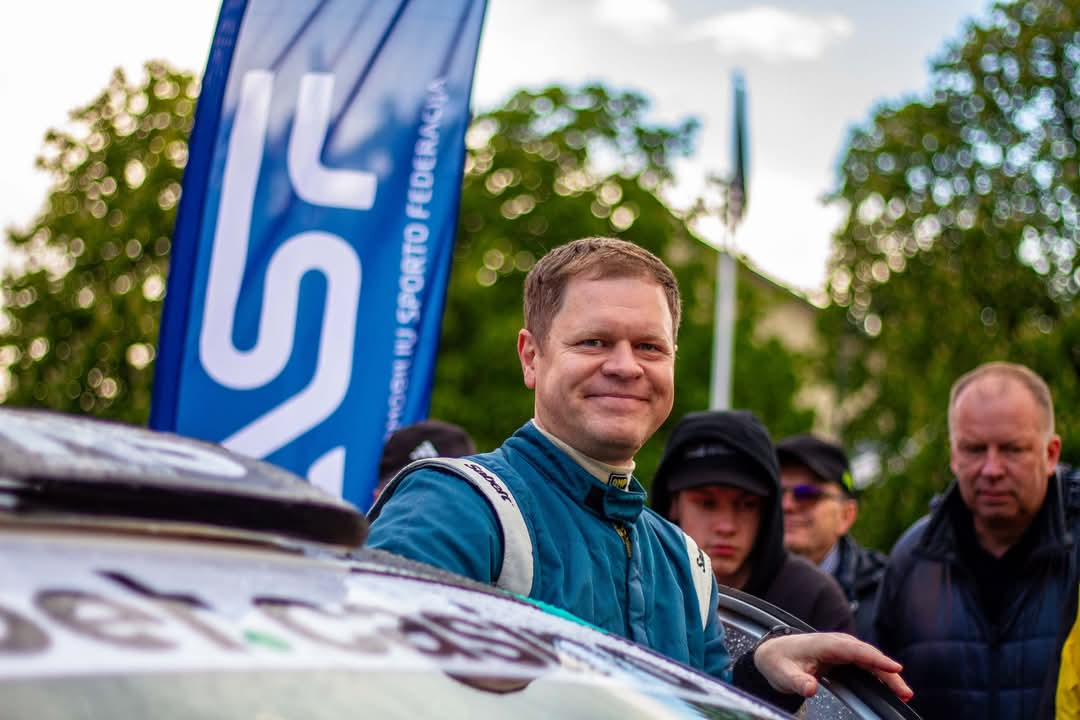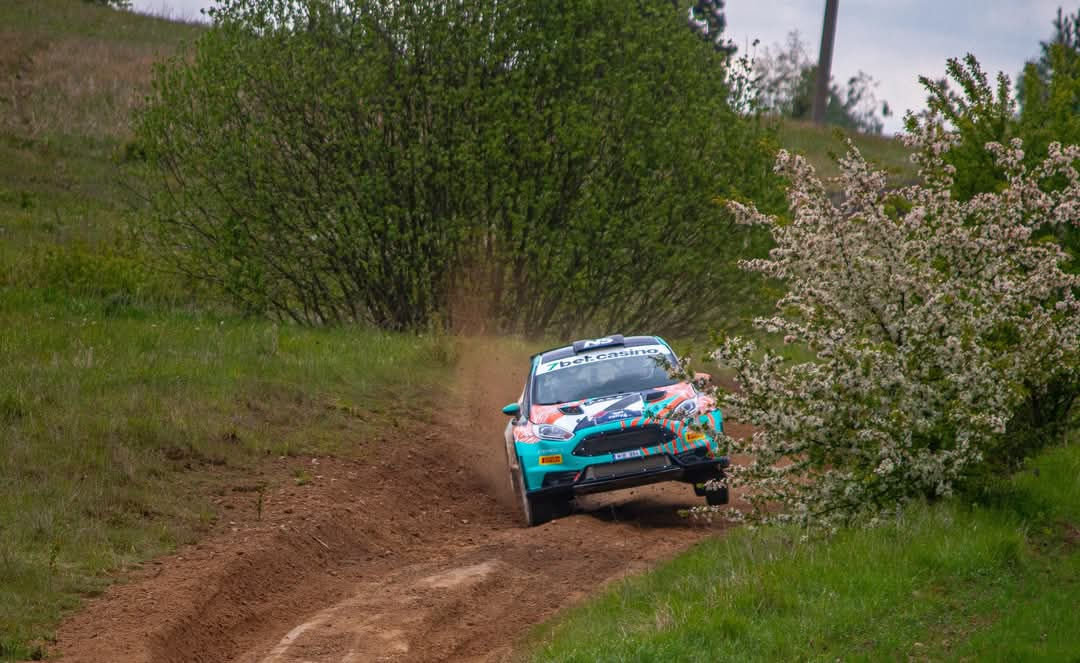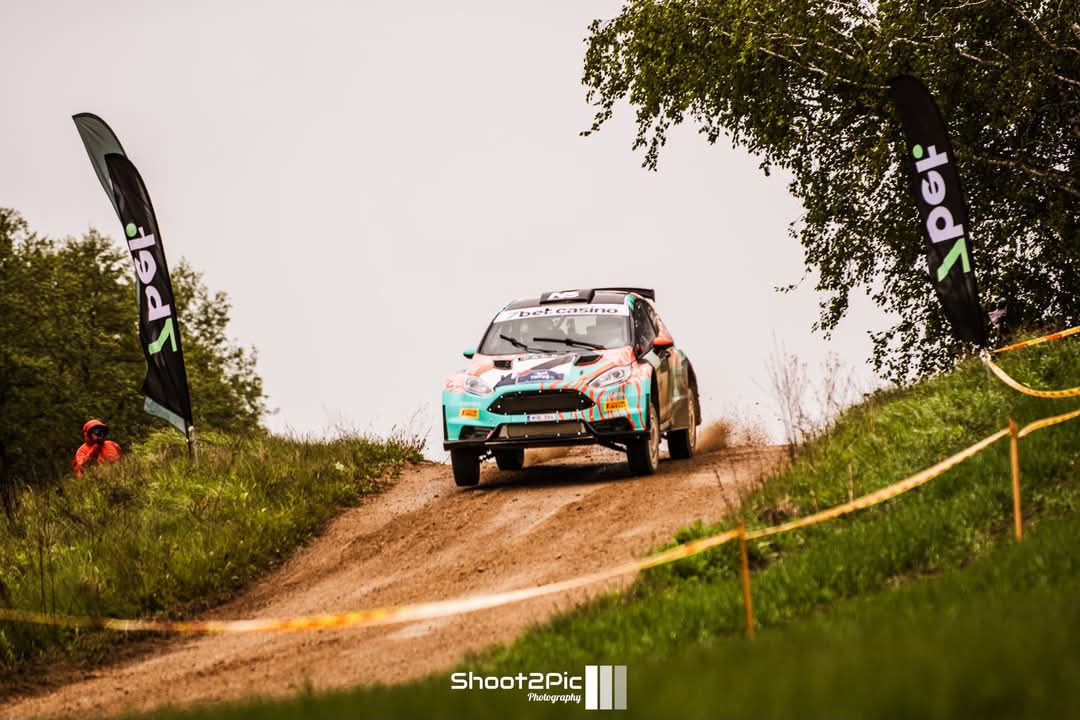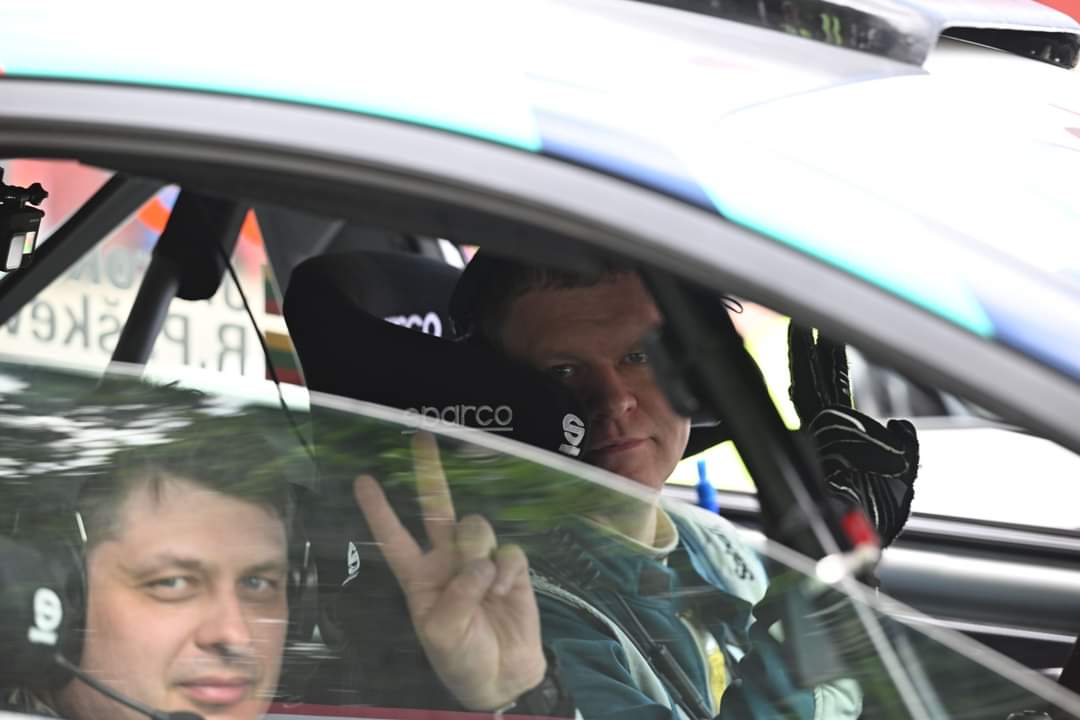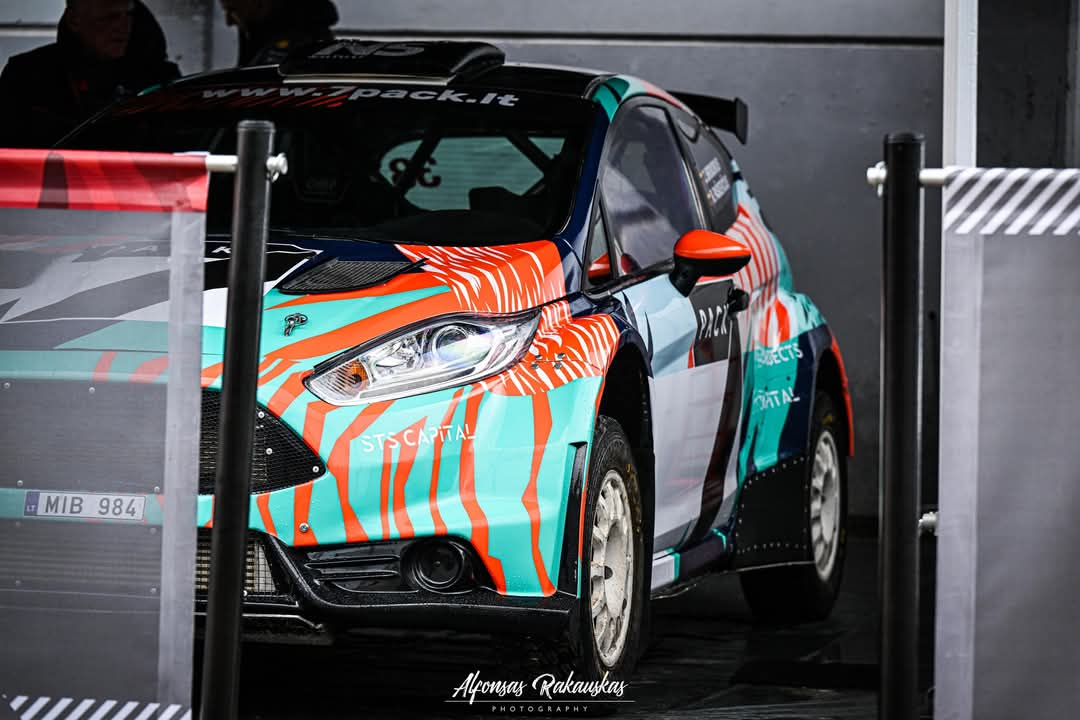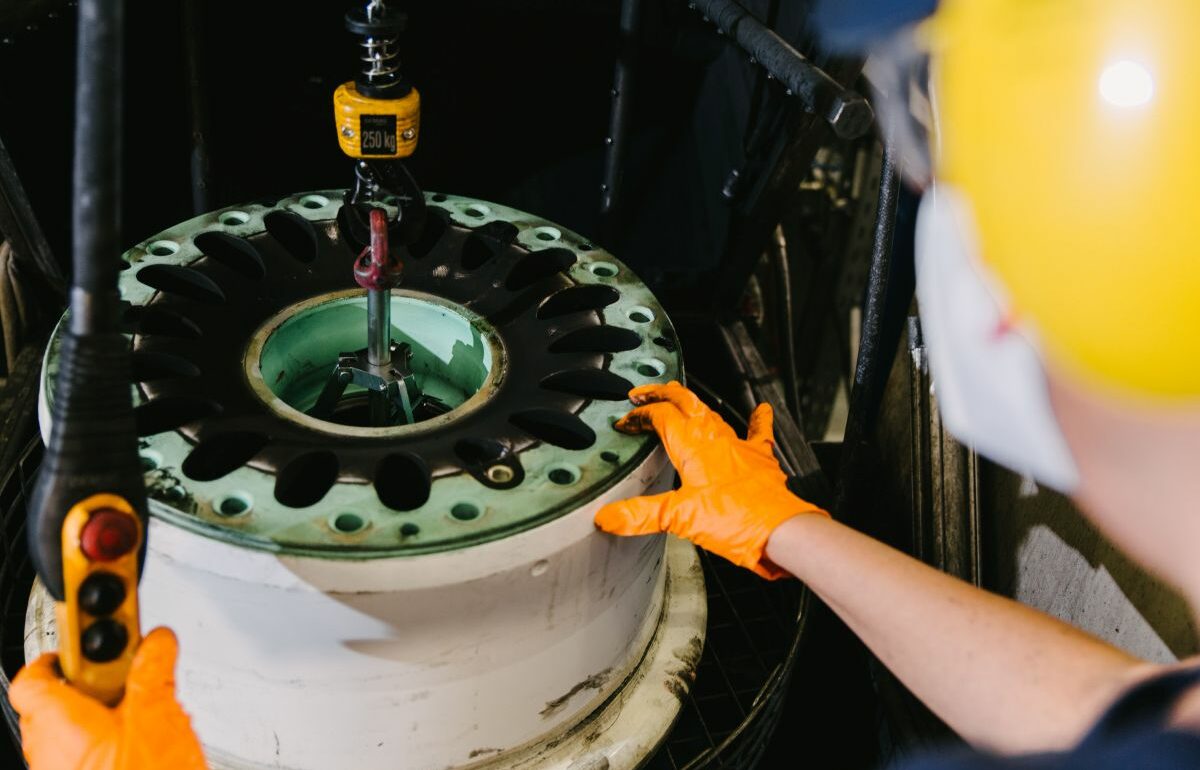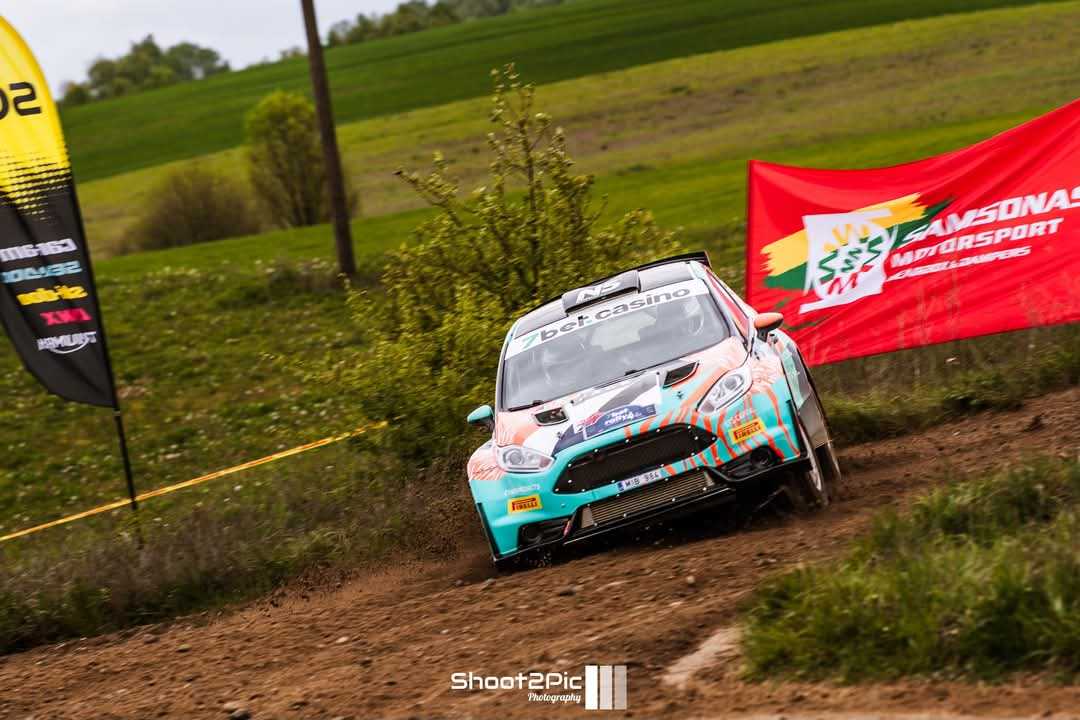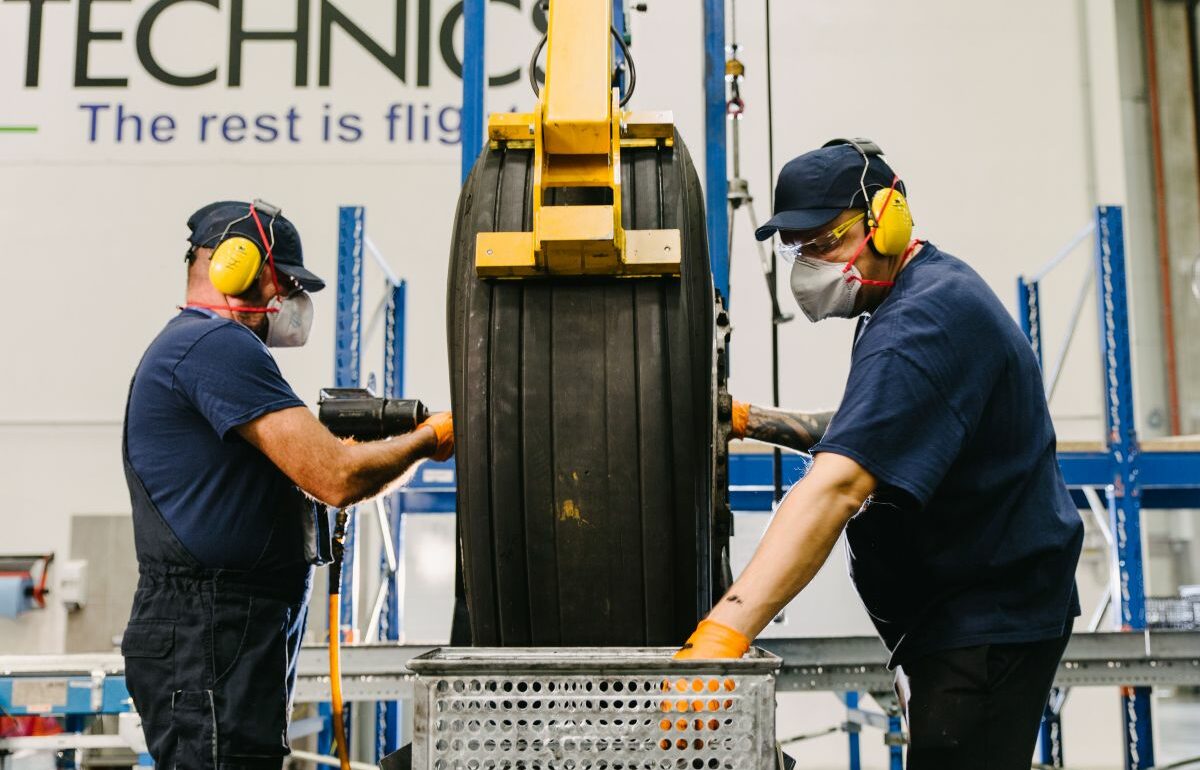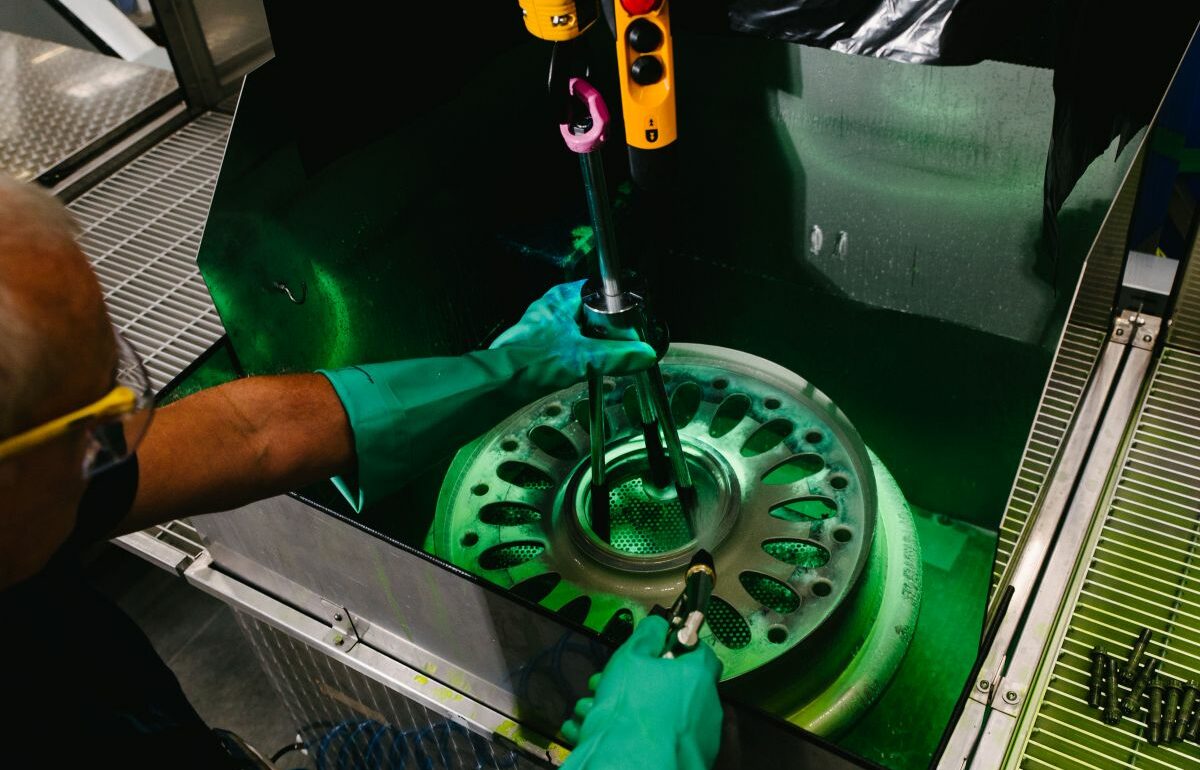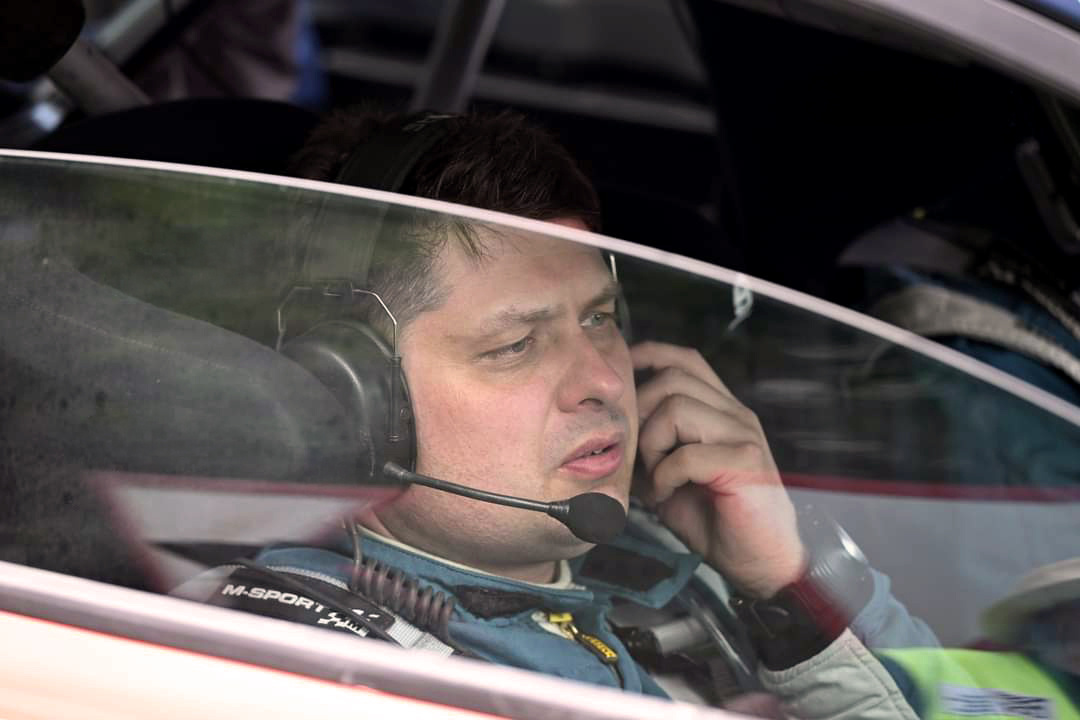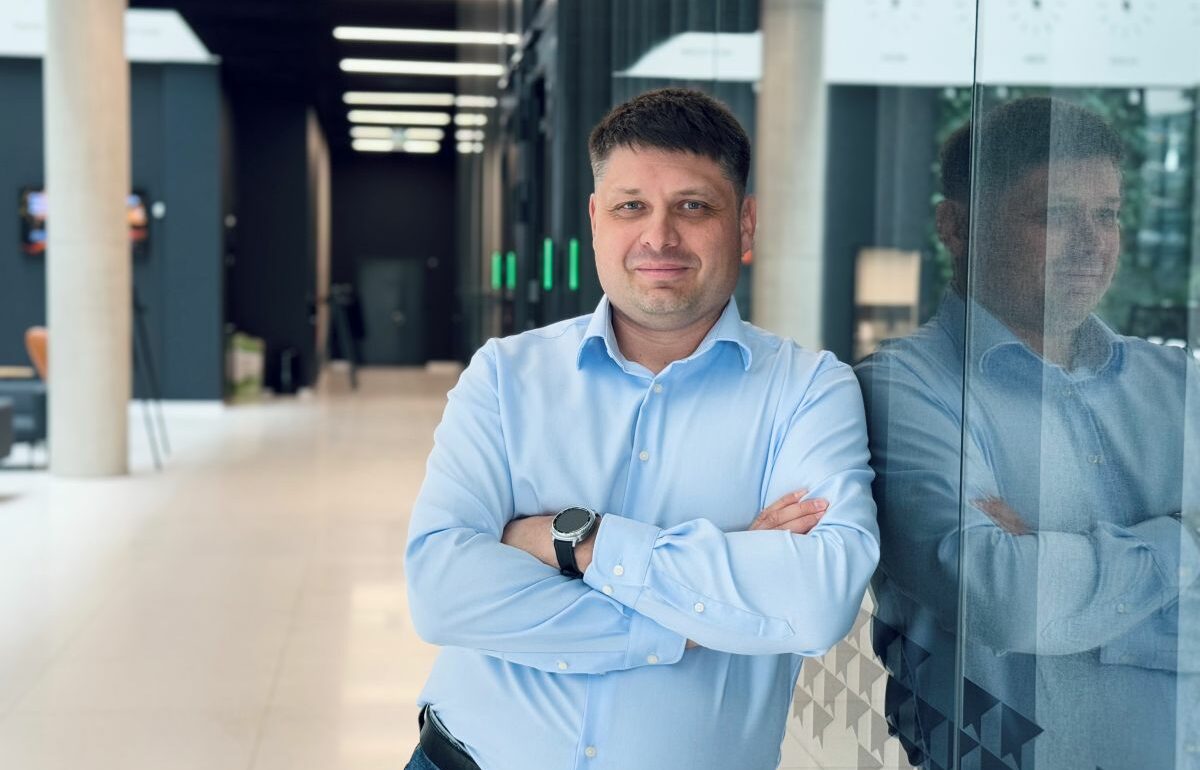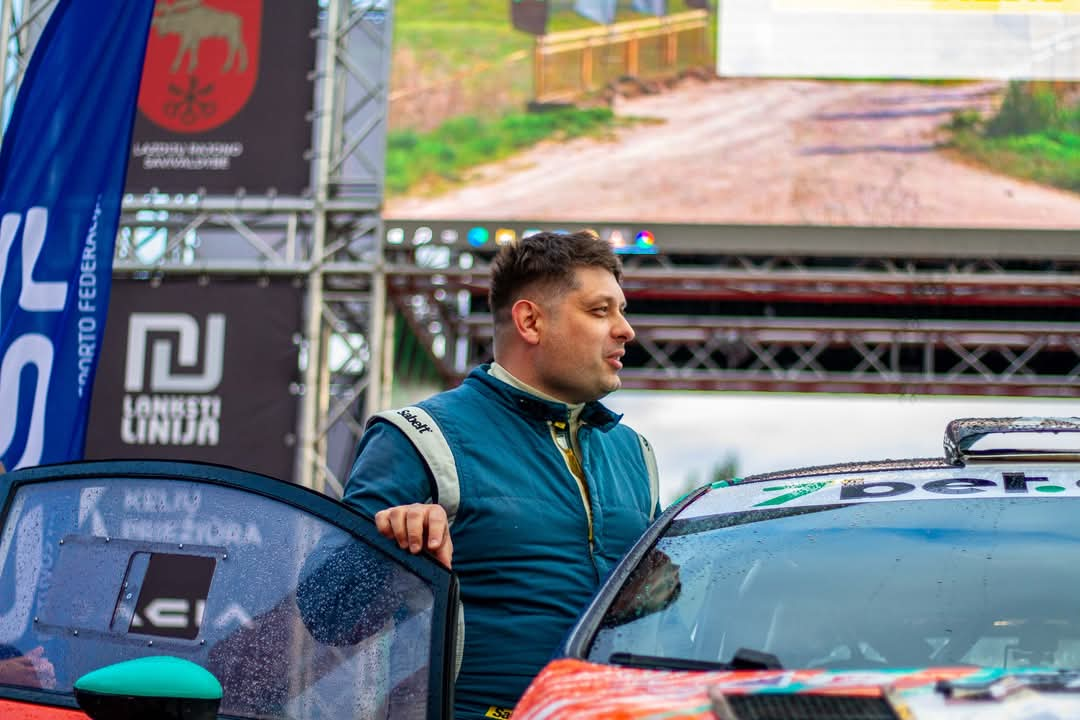Aviation has a unique trait – once you enter this field, it’s hard to walk away, even if you take a different path. Ramūnas Paškevičius, Digitalization Project Manager at “Wheels and Brakes”, a subsidiary of aircraft maintenance company FL Technics, has experienced this firsthand. Although he had briefly pursued another professional direction, he ultimately realized that aviation offers a unique combination of challenge, dynamics, and purpose that inspires growth and drives innovative projects. Today, Ramūnas puts his experience and ideas into action by leading the company’s digitalization projects and contributing to the modernization of aircraft maintenance.
But in his free time, he shifts into a completely different mode – jumping into a rally car as a co-driver and tearing through gravel tracks. In this interview, Ramūnas shares his journey into aviation, how aircraft and rally cars are surprisingly similar, and how he manages to balance work with his high-adrenaline hobby.
What was your path into aviation? Was it a deliberate choice?
I ended up in aviation completely by chance. For many years, I worked in the restaurant industry and unexpectedly received an offer from former colleagues to join the FL Technics team. At the time, I thought it would be a temporary 3–5-year-long project where I would help sort out IT processes before moving on. But the further I went, the more I became interested in various local and international projects. I built valuable connections and had the opportunity to share my experience with the broader aviation IT community at international events.
What kept me in aviation wasn’t just the interesting projects but also the growth opportunities the company provided – learning, deepening my knowledge, and always feeling trusted and supported by leadership when new ideas arose. I greatly value the freedom I’m given to take initiative, make decisions, and be accountable for the results.
How have your responsibilities changed over your time at FL Technics?
I would divide my career at FL Technics into two phases. The first time around, I worked here for about eleven years, primarily responsible for the IT domain. Later, I ventured into other industries – the food industry, construction business – but soon realized that aviation was the field closest to my heart. It’s where I feel I belong, where I have the space to grow and execute projects on a global scale. That’s how I returned to the wheels and brakes repair business, but stayed loyal to IT. Currently, I’m responsible for digitalizing the wheels and brakes business.
You participate in car rallies in your spare time – how long have you been doing that, and how did it all start?
Rallying caught my interest back in 2000 when I used to go watch races with friends. Eventually, one of them and I had the idea to try it ourselves. In 2004, we made our debut as rookies with a self-built Opel Astra. We did surprisingly well, so we quickly moved on to a four-wheel-drive Mitsubishi Lancer EVO VIII. Now, we compete in a Ford Fiesta N5 specially built in a factory for rally racing.
Are there similarities between rallying and working in aviation?
Actually, there are more similarities than differences between rallying and the work we do at FL Technics. From the engineering side – both the car and aircraft are purpose-built engineering marvels designed by experts: one flies, the other races. Both require rigorous maintenance, regular inspections, parts with specific lifespans, and servicing by specially trained mechanics.
The race itself is very similar to a business environment – where competitors don’t sleep, everyone wants to be first, and intense competition is constant. On a rally track, just like in aviation, you face many surprises: potholes, jumps, sharp turns – it’s a constant rollercoaster, and unexpected challenges await around every corner. Rally co-drivers use a pace note system that helps navigate the course – in business, that’s like having a clear plan and strategy. In both worlds, the winners aren’t necessarily the fastest, but the most consistent and disciplined.
What role does the behind-the-scenes team play in both aviation and rallying?
In both fields, the key factors behind good performance are trust within the team, precision, ambition, and a bit of luck. Spectators or airline passengers usually see only the final result, but behind the scenes is a team of experienced engineers and mechanics who ensure everything runs smoothly. In rallying, our mechanics spend far more hours working on the car before and after the race than we spend on the track. It’s the same at FL Technics – each aircraft is worked on by dozens of specialists to ensure safe takeoff and flight.
How has this year’s rally season gone for you?
This year brought its share of challenges – we had a new car that we needed to “tame.” There was an incident after which it turned out the car had been more damaged than we initially thought. Out of five stages, we finished only two. The final stage is in October, and we hope to make it onto the podium and hold on to at least third place in our class standings. After this season, we’ll be putting all our efforts into preparing properly for next year so we can compete for the championship title.
What’s been your most memorable or dangerous moment on the track?
Probably the scariest moment was when the steering column broke while we were driving at speed, right before a corner. By sheer luck, we missed a large tree and avoided a serious crash.
One of the more fun memories was during this year’s Elektrėnai Berner Rally 2025, when we made our longest-ever jump – 60 meters. It was unexpected because we misjudged the steepness of the jump in the forest and hit it at too high a speed, which resulted in a spectacular leap.
How do you manage to balance a demanding job with professional motorsport?
These two activities complement each other. My IT job is intense and requires a lot of energy, but rallying is a space where I can completely disconnect. All focus shifts to the road and the pace notes. It’s a perfect way to “clear the mind,” get a dose of adrenaline, and return to the office with a fresh, positive mindset.
What advice would you give to those seeking a balance between work and hobbies?
First of all, you need to realize that if your hobby is professional-level sport, it can become a real challenge – to be the best, you need to dedicate a lot of time and energy, which can inevitably interfere with work. Personally, I strive to improve and dedicate time to rallying, but I focus on making it a fun and fulfilling activity. Even if we have to withdraw from a race, the most important thing is to do it with a positive attitude. I believe that if your hobby brings you joy, then even without top results, you’ve already accomplished a lot.
What dreams are you nurturing both professionally and in sports?
Professionally, I work with innovations, so I’m constantly thinking about what else we could implement at FL Technics that would leave a lasting mark on the aviation industry. In rallying, our goals are more concrete and clear. Together with my driver, Justinas, we’ve set our sights on becoming Lithuanian rally champions within the next five years and earning the title of Master of Motorsport.
